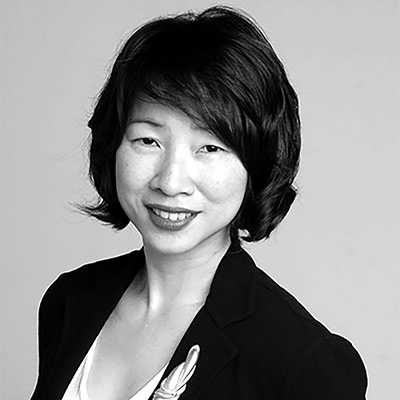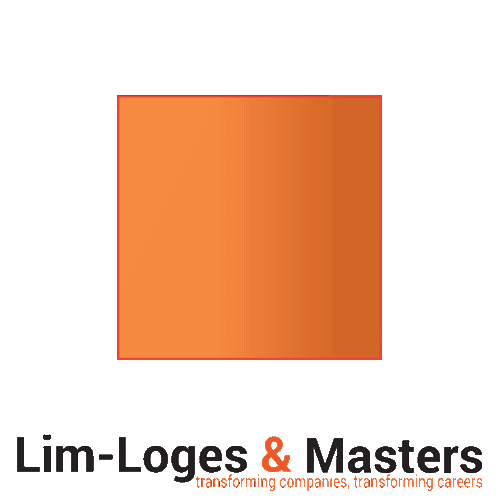

Lelia Lim
Changing How Companies Connect With The New Consumer
In a recent webinar held with AmCham Singapore, Lelia Lim-Loges chatted with leading executives at three global organisations to discuss the new consumer – David Tung, Corporate VP of Beauty Care in Asia Pacific, Henkel; Amy Zheng, General Manager, Cochlear; and Olivier Dubos, Senior Vice President for Global Travel Retail, Parfums Christian Dior. This is an overview of the second part of the discussion. To read the first part, please click here.
The current shifts in consumer behaviour and mindset caused by Covid have changed how people interact with brands. How are these changes forcing you to re-think how, where, and when you connect with your consumers? What is your organisation doing to manage these new approaches?
Amy Zheng, Cochlear: regarding the change in consumer behaviour, we realised that we must innovate the way we approach and where and how we engage with our consumers and patients. Therefore, we have invested in our talent and presence and a more digitalised journey for our consumers.
Previously, we only focused on the late stage of the consumer journey – after they had already decided to go through with the surgery – and provided them with the product features, what we do, our service reliability, etc. However, in the digital world, we can engage with our consumers from early on – when they start worrying about their child’s hearing loss, for example – and manage the consumer journey holistically.
Also, when we deal with our recipients, those patients who already have an implant, we have developed stronger relationships through our CRM system. This enables us to keep track of every touchpoint the recipient has with Cochlear through troubleshooting, an inquiry, or their experiences.
We invested in call centres. In the height of the pandemic, when all the customer service centres had to close, we proactively contacted our recipients to inform and reassure them that Cochlear could still support them. This improved the brand’s advocacy, encouraging customers to share their positive experiences with the brand in person or on social media platforms.
Ultimately, the pandemic has led us to expedite our learning about consumer trends and become more agile and adaptive, and providing a more personalised approach to remain the industry leader during this time.
David Tung, Henkel: In the past 10 years, digital transformation has become essential; however, with so many stores and salons closing due to Covid over the last year, it’s also about where consumers can purchase their products. At Henkel, we engage with both the hairdresser in the salon and with retail. However, with consumers looking for more premium self-care products at home, we decided to offer much of our professional salon range online. But we needed to ensure we could provide the self-care home-care products directly to the consumer without alienating the salon industry. Luckily, we found that consumer awareness of our products and services actually promoted the salons’ services once they reopened.
Secondly, we focused on brand activation and education. This became a necessity because of Influencers and 24-hour streaming. During Covid, our specialist hairdressers and store beauty advisors could not interact with offline touchpoints. Therefore, our online services needed to be clear and focused and had to adapt to different audiences. For example, with our specialist hairdessers in Japan, where salons never really closed during the pandemic, we had to train almost all of them online. Training could not occur in person because, despite remaining open, there were social distancing measures
Lastly, the whole online to offline synchronisation has become vital. As salons and retailers reopen, consumers will have higher expectations and demand the same brand services, messaging, and support when they visit the customer outlet. We are working hard at Henkel on that synchronisation and how we can drive direct promotion messaging but also that our portfolio offering is not just online but also offline. We intend to do this by working closely with key customers, like Watsons, to activate that intensity and synchronisation.
Olivier Dubos, Global Travel Retail, Parfums Christian Dior: the pandemic has forced us to increase the speed at which we address new customer needs and become truly customer-centric. We have advocated for Key Opinion Leaders (KOL) to become spokespersons for our make-up – Lee Ying became our spokesperson for skincare. These KOL’s have been instrumental in developing our communication on all the online oriented platforms and demonstrate the importance of bonding with our customers.
Although bricks and mortar are still fundamental to us, omnichannel presence is essential. We have massively developed the boutique network of Parfum Christian Dior. The cosmetics business is primarily wholesale – we sell to department stores or Sephora, and they then sell to our consumers and customers. But by developing our own network of boutiques and e-commerce site, we can control the experience and offer new services and a new level of personalisation, for example, engraving. You buy your mist, your bottle, and you could have something engraved on the note on top of the bottle for your loved one; or you could have your name engraved on the lipstick, which makes it a unique product. This strengthens our relationship with the customer while being able to capture the data effectively. The pandemic has accelerated the importance of the customer itself and connecting with the customer; capturing the customer within the CRM programme and nurturing this relationship all the way, which is either online or offline, you bond the channels together.
These are just three global organisations in different market segments that have re-thought their strategy with their consumers. Find out in the final part of this interview how leaders should navigate the complexities of the new reality and the new consumer mindset, and the people strategies needed to manage these new consumer demands
About Lim-Loges & Masters
Lim-Loges & Masters is an award-winning boutique agency offering expertise in Executive Search, Transition Management and Disruption Management across Asia Pacific. LLM works with multinational companies seeking to transform their organisations through their people. Focusing on Asia, the LLM team helps companies minimise risks and manage talent through a deep understanding of Asia Pacific’s business climate. LLM has a presence in Indochina, South East Asia, China, Hong Kong, India and its regional HQ, Singapore, with international affiliates in the UK
